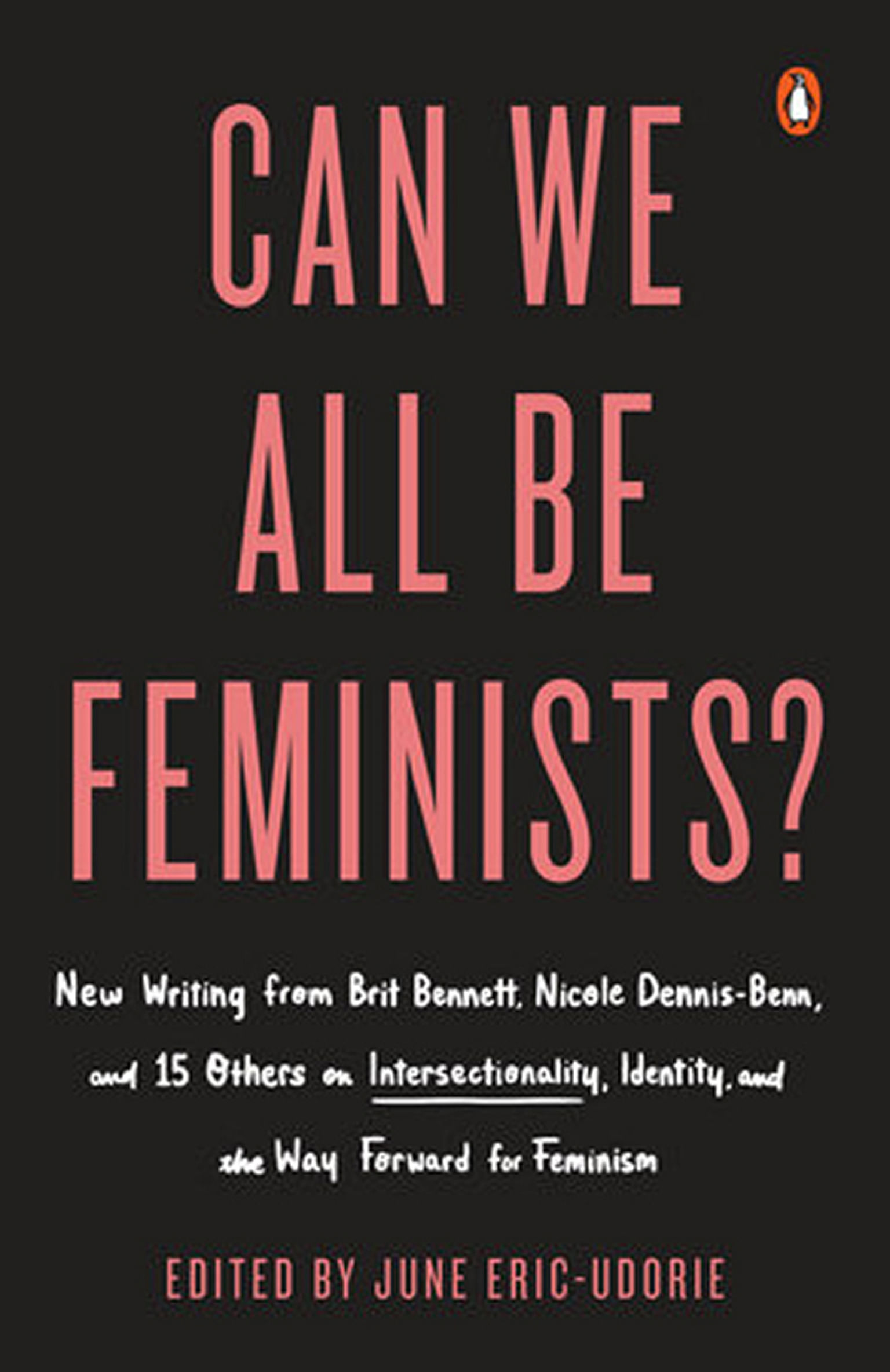REVIEW / FICTION
CAN WE ALL BE FEMINISTS?
Edited by June Eric-Udorie
Penguin Group USA/ Paperback/258 pages/ $27.77/
Rating: 3.5/5
"If feminism is to cease to be a movement for the few, privileged women must start listening to... (those) who are on the margins of society, elevating those voices instead of their own," writes activist June Eric-Udorie in the first essay of this heartfelt collection.
Featuring writing from 18 women of diverse backgrounds, this book proves to be an intimate, hard-hitting look at intersectionality - a term coined in 1989 to encourage thought on the ways that racial and gender discrimination overlap.
Much of the push for gender equality currently centres on issues such as the pay gap, representation in boardrooms and politics, as well as ways to support women who are well-placed to "have it all".
But this has drawn the blinds on how some women have it worse due to factors like class, race and gender identity.
"Intersectionality is a way for marginalised women to talk about how their lives are affected by multiple oppressive structures - ableism, racism and sexism, for example - thus hitting them harder, and causing them to exist in double or even triple jeopardy," writes Eric-Udorie, a 20-year-old Duke University undergraduate who edited the collection.

The book, which is filled with personal accounts, will likely resonate with women from all walks of life.
Novelist Nicole Dennis-Benn writes about the oppressive ideas she internalised growing up Jamaican-born and lesbian; writer Gabrielle Bellot tells of the discrimination she faces as a transgender woman; and journalist Frances Ryan talks about the inequalities that women with disabilities face. For example, in Britain, they are a third less likely to attend breast cancer screenings due to issues like transport, and the pay gap between disabled and non-disabled women is double that of the gap among men.
Performance artist Selina Thompson writes about the stereotypes that full-bodied women deal with; and reporter Caitlin Cruz shares her journey of attempting to reconcile her Catholic faith and bisexuality.
This is just a small sample of what the book has to offer, but the common theme is each writer's struggle with mainstream feminism.
For minorities, the writers' words offer the vocabulary they need to articulate their difficulties.
For those in a more privileged position, the book urges them to acknowledge their privileges, opens their eyes to struggles beyond their own and highlights how being a silent enabler of a system that discriminates against others perpetuates toxicity.
While some may find the book's arguments and language unpalatable, it is a frank and unapologetic call to action, and one hopes that it finds some success.
If you like this, read: Ain't I A Woman: Black Women And Feminism by bell hooks (Routledge, 2014, $46.96, Books Kinokuniya), a classic work of feminist scholarship that deals with the devaluation of African-American women.


